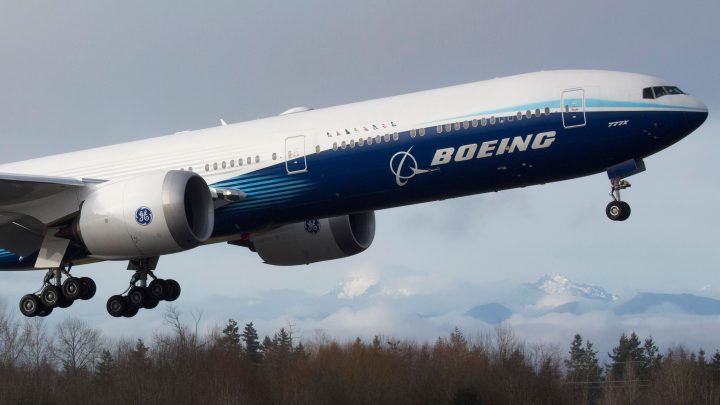
How does isolating Russia affect global aviation?

Boeing and Airbus announced this week that they would stop supplying aircraft parts and services to Russian airlines after Russia’s invasion of Ukraine. The two manufacturers’ planes account for almost two-thirds of Russia’s aviation fleet.
President Joe Biden announced in his State of the Union address Tuesday that the United States would join Canada the European Union in banning Russian airlines from its airspace. Russia accounted for about 6% of airline capacity worldwide last year.
Jon Ostrower, editor in chief of aviation industry news site The Air Current, writes that isolating Russia from global aviation comes with “a cascading series of immediate and longer-term consequences in the skies as commercial and industrial links are quickly broken after decades of cultivation following the fall of the Soviet Union. The effects will be felt far beyond Eastern Europe, deepening the fragmentation of the global aviation landscape.”
“Marketplace” host Kai Ryssdal spoke to Ostrower about Boeing and Airbus’ decision, Russia’s isolation from global aviation and what it means for the rest of the industry. The following is an edited transcript of the conversation.
Kai Ryssdal: So let’s get to a little bit of history before we get to current effects. Back in the before time — before the bottom fell out of commercial aviation in the spring of 2020 — how was Russian commercial aviation doing?
Jon Ostrower: Pretty well. You know, it’s really been a several-decade process of modernizing the Russian fleet. And so Boeing and Airbus and their engine suppliers benefited hugely from the peace dividend. I mean, look, this was absolutely the upside of the end of the Cold War for them as they got to go in and sell their wares.
Ryssdal: OK, so where are we now? We have Boeing and Airbus saying, “No, thank you.” We have airlines cutting off their partnership agreements. It does seem, as you wrote in The Air Current the other day, that this has happened very, very suddenly,
Ostrower: The plug has been pulled on Russian commercial aviation, period. I mean, this is as close to an evisceration of the entire industry there that has ever existed on this scale. I mean, denial of aviation is a very frequent weapon in economic combat. The first thing that happened to Iraq in 2001 was the sanctioning of Iraqi Airways. Baghdad was cut off from the world. And so we see this playing out over and over again, where nations use aviation as an economic weapon. In this particular case, that’s exactly what happened. Their dependence on Western hardware to move around, whether it’s aircraft, engines, parts, lessors providing them airplanes or even just Western suppliers provided to their own Russian-made projects — I mean, the dependence is tremendous.
Ryssdal: Is there a downside of the sanctions in aviation to the West? I mean, we know about gas prices, we’re hearing elsewhere in the program today about wheat and grains, right? And it’s going to cost Americans and the West more. Does that apply to aviation? Are we going to suffer because Aeroflot can’t get a plane off the ground in Moscow?
Ostrower: Absolutely. The modern aerospace business is phenomenally interconnected. And before 1991 and the fall of the Soviet Union, and really the opening of China as a market for global aerospace manufacturers, it really was phenomenally fragmented. And again, the modernization that has happened, we have more or less erased in just the last five, six days.
Ryssdal: So what does this mean then for global aviation getting back to the way it was in the before times? Is it going to slow it down?
Ostrower: Well, that’s exactly it. Global aviation relies on two fundamental pillars that cannot be ignored: peace and stability. Because in absence of that, people don’t really want to travel if they’re feeling like either their well-being or certainly their lives are threatened. So, you know, when we think about the fallout for both Russia, but also the West, it’s that commercial aviation has lived through shock after shock. But ultimately, the trend in the last 30 years has been one toward increased openness and cooperation. And literally, we have gone backward probably about 30 years in a blink of an eye.
There’s a lot happening in the world. Through it all, Marketplace is here for you.
You rely on Marketplace to break down the world’s events and tell you how it affects you in a fact-based, approachable way. We rely on your financial support to keep making that possible.
Your donation today powers the independent journalism that you rely on. For just $5/month, you can help sustain Marketplace so we can keep reporting on the things that matter to you.

















